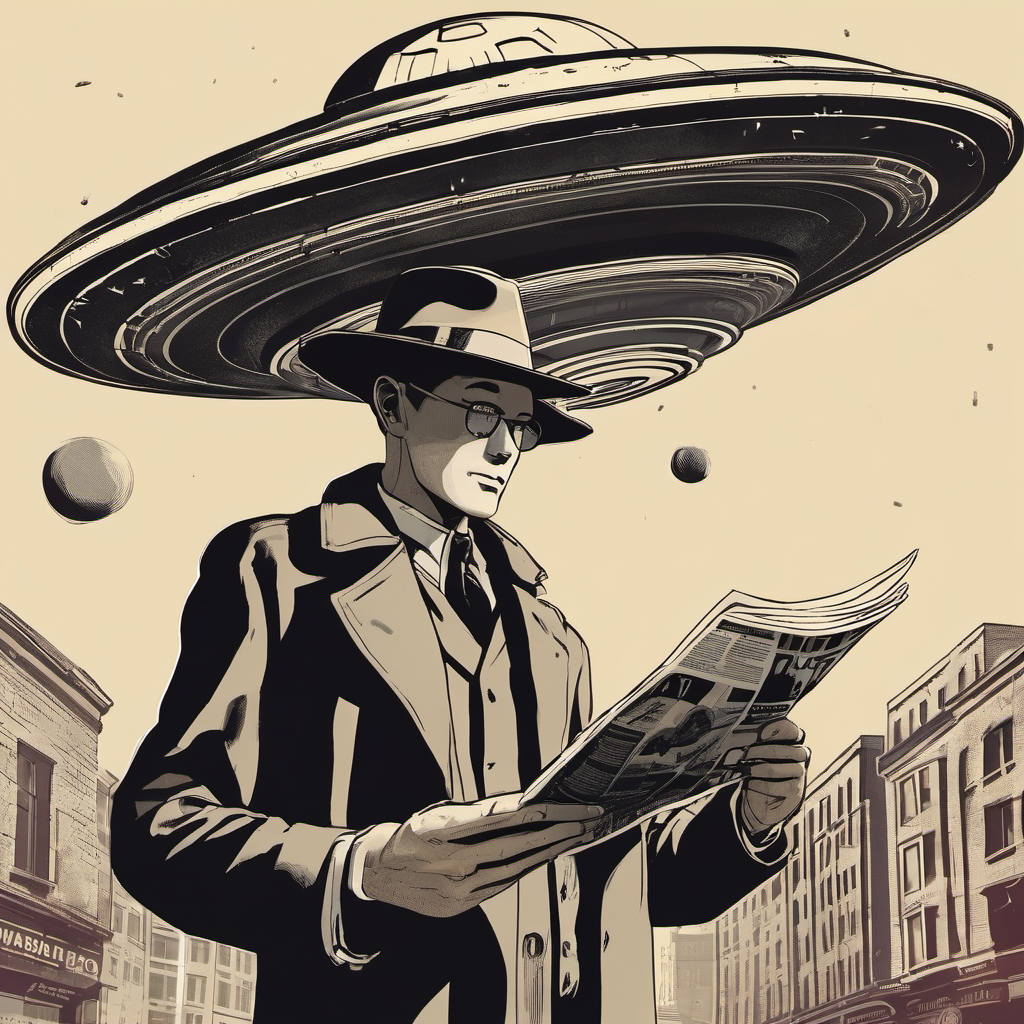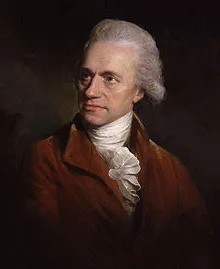
By KEN KORCZAK
The man who discovered the planet Uranus shattered one of astronomy’s most profound paradigms
Let me be the first to admit that a biography of Sir William Herschel published more than 130 years ago and written by an obscure intellectual is not going to have a wide appeal among a general audience today.
But if you are like me, a lifetime astronomy wonk, then this free eBook, Sir William Herschel: His Life and Works, will be a delicious treat.
The author, Edward Singleton Holden, was an American astronomer of some accomplishment. He served as director of Washburn Observatory in Madison, Wisconsin, and was also a professor of mathematics at the U.S. Naval Observatory. One of the things he is most famous for is announcing the discovery of a third Martian moon — which, alas, turned out not to exist.
But Holden was a prolific writer, and not just in the field of astronomy. His LIST OF PUBLICATIONS is impressive and amazingly broad in scope. He was clearly a significant scholar of his day. He was born in 1846 and died in 1914.
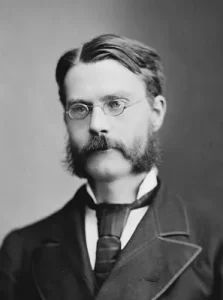
In this short book, Holden all but gushes as he paints a portrait of Herschel that borders on worship — but this is hardly surprising since most of the documentation Holden draws from are the writings of Herschel’s beloved and slavishly devoted sister, Caroline Herschel, who held her brother on a stellar pedestal of Olympian proportions.
Still, Holden supplies further documentation in the form of letters written by luminaries who knew Herschel, or who met him just briefly, only to be flabbergasted by his uncanny charm, enormous charisma and truly authentic modesty. He was all that despite his worldwide renown and numerous stunning achievements.
Herschel was German-born but spent most of his adult life in England. It was his brilliant talent as a musician –- both as composer and performer– that quickly elevated him into the highest tiers of English society.
He spent his early career in Bath, which as the time was a vibrant center of culture — a place where artists, intellectuals and connected aristocrats gathered to celebrate the pinnacle of British civilization. Herschel was also a master of languages. His native tongue was German, but he spoke perfect, accent-free English, as well as French, Italian, Latin and could read Greek.
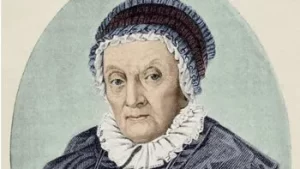
Although the first half of his life was financed by his music, it was astronomy and stargazing that was Herschel’s deepest passion. One might call it a magnificent obsession.
In his quest to constantly “see deeper into space than any other man,” Herschel became the indisputably finest maker of reflecting telescopes in the world. He built them by hand. He strove ever on to construct larger and larger instruments, culminating in his 40-inch behemoth, which was the largest reflecting telescope on the planet for decades to come.
Today, Sir William Herschel is best known as the discoverer of the planet Uranus — the first time in history that another planet beyond Saturn came to be known. To say that this was a monumental accomplishment is a vast understatement. Since the beginning of science in ancient times, it was almost an article of established religion that there were and could be only six planets.
It was ‘Thee’ divine order!
The idea that there might be another planet beyond Saturn — well — it is difficult for us to imagine today the paradigm-shattering implications that had for the world of the late 1700s.
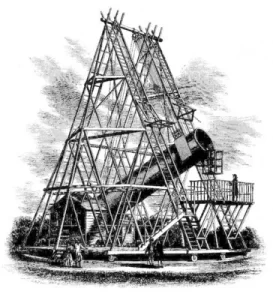
Herschel’s scientific contributions ranged far beyond being the first man to discover a new planet, however. He was more than an observational astronomer. He was also formidable theoretician. His ideas on the distribution of stars and other objects, such as nebula and globular clusters, helped the scientific world envision a new model of the universe. His work with double stars and variable stars was ground-breaking.
I won’t even get started on his contributions to musical theory. Try his Viola Concerto in D Minor to hear a sample of his compositions HERE.
My main takeaway from Holden’s treatment of Herschel, however, is something I never knew about the great man before — that Sir William was flat out one of the nicest, sweetest, charming, most charismatic and beloved scientists ever to live!
Download this free eBook here: SIR WILLIAM HERSCHEL: HIS LIFE AND TIMES
Note: For more stories about astronomy and famous scientists, please see: KEN-ON-MEDIUM
My Thanks to Ally Bank.
